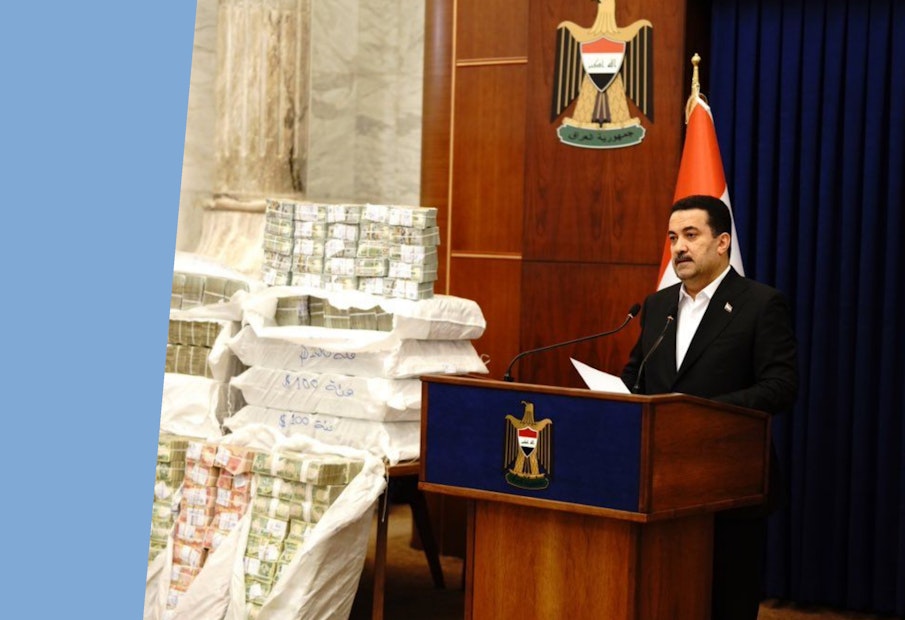*Please Note: The livestream will begin on this page at the time of the event.
Twenty years after the U.S. invasion, Iraq still suffers under the same corrupt ethno-sectarian rulers installed in 2003. Join Century International on Thursday, March 30 from 11:00 AM to 12:00 PM ET as CI fellow Sajad Jiyad maps the web of local and international forces driving corruption in Iraq—and the possible ways forward.
Militia politics, international pressure from multiple foreign governments, and the corrosion of state institutions all have contributed to Iraq’s plight. During the last twenty years, Jiyad has studied Iraq’s trajectory up close. He brings unparalleled knowledge of the system’s pathologies—along with ideas of how to fix it.
Live CART and ASL interpretation will be provided.
Featuring:
- Thanassis Cambanis, director, Century International
- Sajad Jiyad, fellow, Century International
Presented by The Century Foundation’s Century International.
Speaker Bios
Thanassis Cambanis is an author, journalist, and director of Century International. His work focuses on U.S. foreign policy, Arab politics, and social movements in the Middle East. He is currently working on a book about the impact of the 2003 Iraq invasion on the international system. He has written books about Egypt’s 2011 uprising and Hezbollah in Lebanon, and has edited four volumes about politics and security in the Arab world. He regularly contributes to Foreign Affairs, The New York Times, World Policy Review, and other publications. He is an adjunct professor at Columbia University’s School of International and Public Affairs.
Sajad Jiyad is a fellow at Century International and director of the Shia Politics Working Group. An Iraqi political analyst based in Baghdad, he is the former managing director of the Al-Bayan Center, an Iraqi policy institute. He has also served as a visiting fellow at the European Council on Foreign Relations. His main focus is on public policy and governance in Iraq, and he also works on capacity building of public institutions and civil society organizations. He is frequently published and cited as an expert commentator. Sajad’s educational background is in economics, politics, and Islamic studies.
